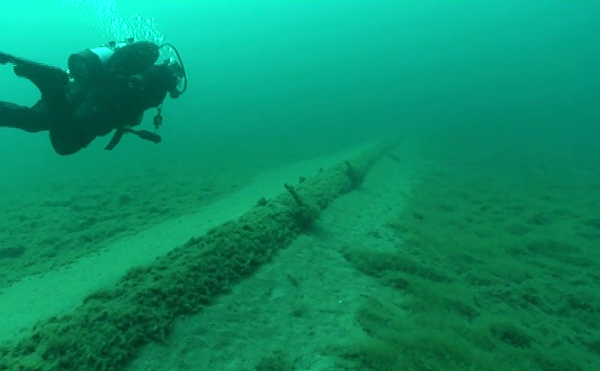Death provided a sobering backdrop to the March 15 Detroit appearance of Mitchel McLaughlin, national chairperson of the Irish Republican party Sinn Fein. He is also an elected member of the Northern Ireland assembly created by the 1998 Good Friday peace accord that President Bill Clinton helped broker.
Earlier that day in Lurgan, County Armagh, a car bomb ripped apart Rosemary Nelson, one of Northern Ireland’s most prominent civil rights attorneys. McLaughlin’s full-house audience at Detroit’s Gaelic League gasped when he reported the news.
The Red Hand Defenders, who claimed responsibility for the Nelson assassination, were described by the New York Times as a "renegade Protestant guerilla group." In an interview with the Metro Times, McLaughlin claimed Red Hand is a notorious death squad auxiliary of the Royal Ulster Constabulary, the official police force of Northern Ireland.
"The news of the death of my friend and comrade," McLaughlin told his Detroit audience, "signifies the task that we have to bring to an end the nightmare of our people."
McLaughlin, stopping in Detroit two days before St. Patrick’s Day as part of a multi-city tour of the United States, was attempting to generate the sort of political pressure he says is needed to keep the peace process moving. The Clinton administration needs to step in, he says, if it wants to see the British and Irish governments actually deliver on promises made as part of last year’s Good Friday accord.
The situation in the North, as McLaughlin describes it, seems poised on a knife edge between serious implementation of the Good Friday agreement – which calls for the creation of a multi-party quasi-government that would allow the Catholic minority a sanctioned voice in the political process – or unraveling the peace process and setting the stage for a new season of horrors.
The serious decisions, says McLaughlin, must be made by the government of Britain and the Irish Republic. While the overwhelming support for the peace process remains "rock solid" among the Republican and Nationalist (i.e. Catholics whose eventual goal is a United Ireland) communities, the Unionist vote (i.e. Protestants wishing to retain Northern Ireland’s union with Great Britain) is virtually evenly split.
The British and Unionist leaders continue to insist that the Irish Republican Army must be disarmed before the Good Friday accords are implemented. McLaughlin repeatedly insists that is not part of the agreed-upon deal. In short, he stated, "For many years we have had a Unionist veto applied to our society, but now we are subject to the veto of half of Unionism." Sinn Fein feels that Clinton administration pressure on the British and Irish governments is vital to move the process forward.
In the long run, McLaughlin remains optimistic that peace can work. The removal of the 21,000-strong British occupation force and its massive electronic surveillance apparatus, and the constitution of a new, non-sectarian police service to replace the RUC are essential to Catholic support for peace. At the same time, the long-run goal of a unified Ireland can occur only when the North’s majority Protestant population is persuaded that it will work for their interests as well.
But time is short, McLaughlin reiterates. A March 10 implementation deadline for convening the new Northern Ireland political structure was postponed, but immediately after Easter week, the traditional Orange "marching season" begins. If the structures of the peace process are not put rapidly in place, the murder of Rosemary Nelson could be only a prelude to a new slaughter of the innocents.





